UNESCO report to declare personalised education a human right

Everyone has a right to personalised education, declares UNESCO MGIEP’s report
New global study calls for policy-makers to re-evaluate education systems
Governments, education policymakers and senior decision makers need to recognize that personalised education is an entitlement and a human right for every learner, states the UNESCO Mahatma Gandhi Institute of Education for Peace and Sustainable Development (MGIEP) in its new report “Reimagining Education”, released today (22 Mar).
The new global International Science and Evidence Based Education Assessment (ISEE) report points towards an education that employs a cognitive-emotional approach to learning, and for education policymaking to be guided by science and evidence in the future.
The Assessment, which commenced in 2019 in Montreal and has been two years in the making, brought together more than 300 experts from 45 countries informed by a global consultation process with scientists and specialists from diverse disciplines such as neuroscience, technology, education, philosophy, data and evidence, and sustainability.
Reimagining education in the aftermath of COVID-19
The report, released at the UNESCO Headquarters, Paris, France, comes as the world grapples with the aftermath of the COVID-19 pandemic that has jeopardized the chances of achieving the United Nations Sustainable Development Goals (SDGs). Decades of progress in education are also constantly threatened by conflicts, such as the ongoing Russian invasion of Ukraine, with the report finding that more than a third (37%) of primary school-aged refugee children are out of school and only 24% have access to secondary school education. Access to higher education is a dismal 3% among refugee populations.
The Assessment contributes to re-envisioning the future of education to build more resilient and sustainable education systems that can weather the current crisis.

Sir Kevan Collins, Chair of the Youth Endowment Fund, UK and Advisory Board Member of the ISEE Assessment Report commented,
“The ISEE Assessment is a new contribution to our work on how we reimagine education. We adopted a multidisciplinary approach to bring together the very best of what we know, ensuring that we work across a range of opportunities for children.
“In this work, we learned that the future belongs to those who continue to learn and that a whole-brain-centric model is critical if you want to support not only education, but a flourishing society. A prosperous, sustainable future for our planet lies so much in the quality of education provided for all our children and we must continue the debate the Assessment has started.”
Personalised education is a human right
The report asks governments to realise that personalised education for continued development is a human right for every learner and calls for increased investment in education, which must be directed to a cognitive-emotional whole brain-approach to education.
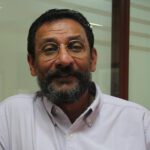
The two Co-Chairs of the ISEE Assessment Report, Anantha Duraiappah, Director, UNESCO MGIEP and Nienke van Atteveldt, Professor, Vrije Universiteit Amsterdam in a joint statement stated,
“Over 80% of teachers, parents and students want exactly what personalised education – the holy grail of education – can offer. This is now possible with the support of digital pedagogy and ethical artificial intelligence. We can make sure that each learner gets the quality education they are entitled to, work at their own pace and be their own benchmark to maximize their potentiality for leading a flourishing life. We must address issues like the fact that 40% of the global population cannot access education in a language they understand and build a resilient education system for the future.”
Furthermore, the report advocates for future education policy to be guided by science and evidence and multidisciplinary dialogue.
Policy recommendations

Re-organize curricula, pedagogies, and learning assessments toward a whole-brain learner centric, socially inclusive education for human flourishing that emphasizes interconnectedness instead of isolation between cognition, metacognition and social emotional learning.
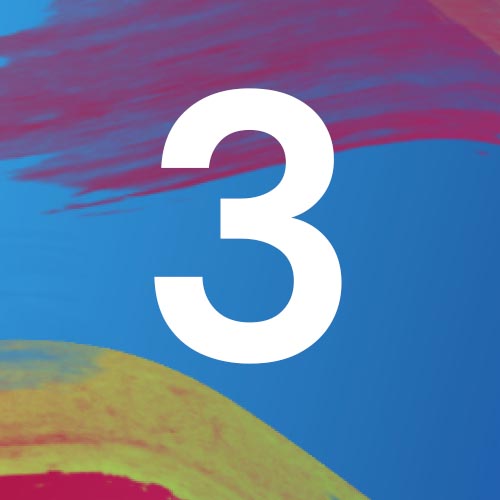
Implement the six domain curricula, for a learning experience towards human flourishing:
- environment
- culture
- society
- technology
- interpersonal
- self
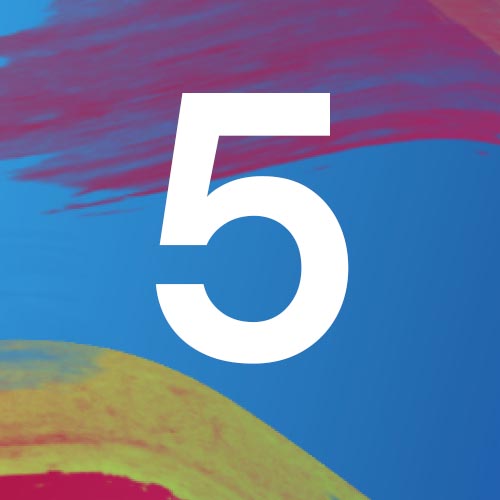
Introduce early universal screening, intervention, and monitoring to design inclusive education and learning.
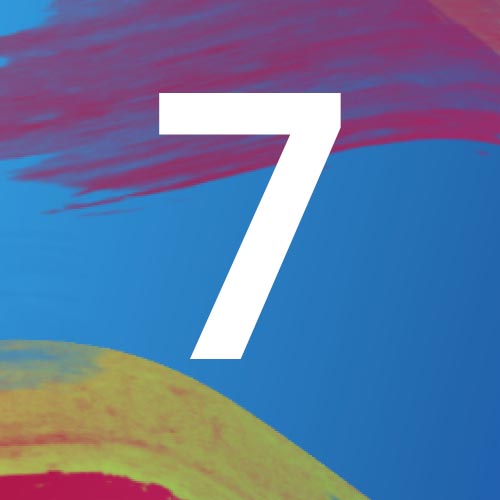
Support and strengthen school-community partnerships to promote more localized, place-based curricula to link learning to real world problems learners face daily.
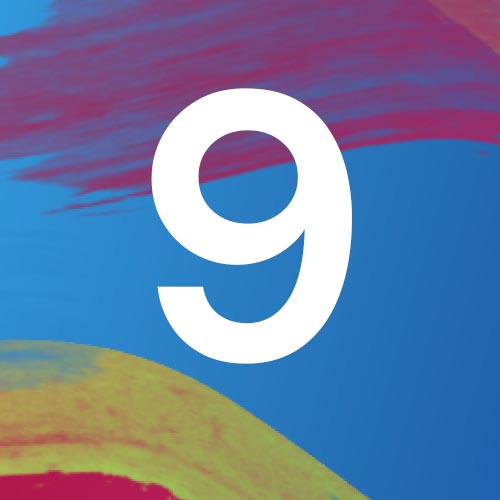
Involve parents as partners in the implementation of whole-brain learner-centric education
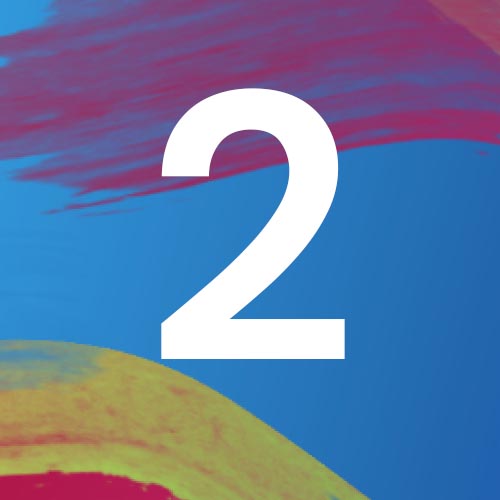
Replace credentialism and meritocracy that pits individuals against each other with potentiality which focuses on investing in self, and evaluation of self-growth over time.
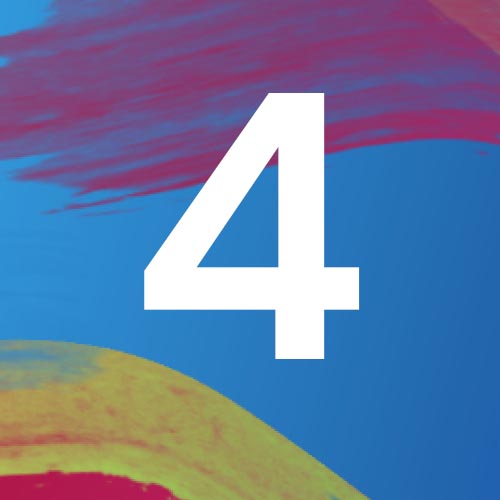
Invest in mother-tongue instruction in early childhood education to maximize the potential of children from diverse backgrounds.
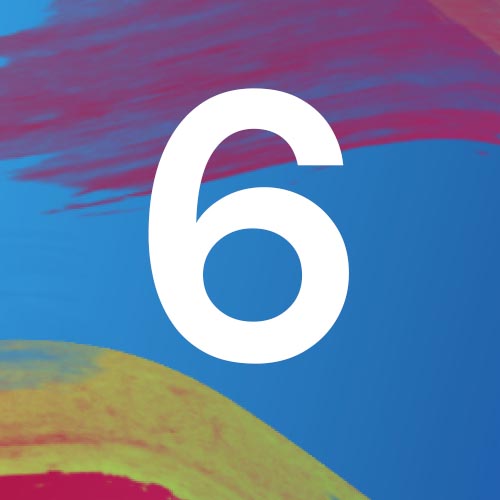
Provide a global database to facilitate personalized learning experiences for all learners across the world
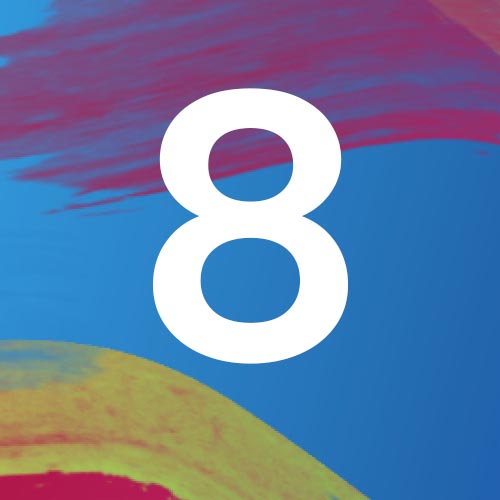
Enhance teachers’ flourishing by recognizing the importance of the profession, building their social and emotional competencies, information literacy, and investment in pre- and in-service teacher training.
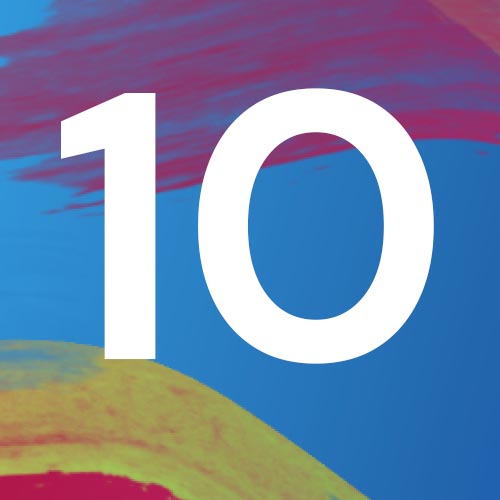
Re-organize education funding to ensure equitable and inclusive whole-brain learner-centric quality education for all learners at all stages of learning
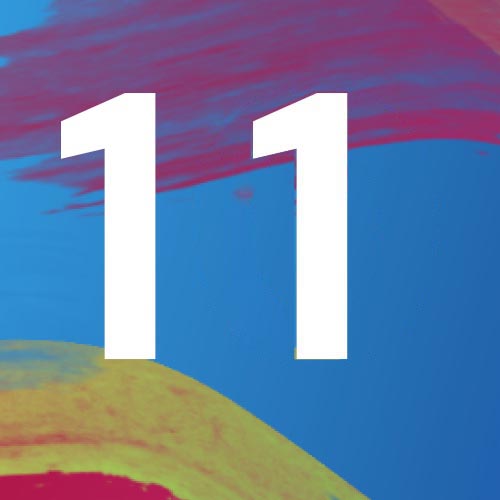
Re-organize research funding to enable truly multidisciplinary, large-scale, and global research programmes.
A critical need that the report highlights is for decision makers to introduce education policies that focus on one’s potential and evaluate each learner’s individual learning progress as opposed to focusing on grade or merit-based assessment and benchmarking learners against each other.
Furthermore, the report advocates for urgent efforts to be made in reorganizing education funding to rearrange curricula, pedagogies, research and learning assessment to focus on cognitive-emotional learning.
Looking ahead, the report calls on policymakers to invest in multidisciplinary, large scale, open and inclusive research programmes in education.
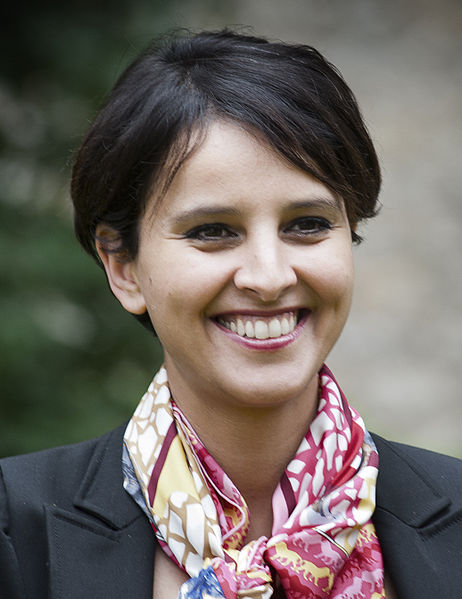
Madam Najat Vallaud-Belkacem, Former Minister of Education, France, said,
“The findings presented in the Assessment will undoubtedly pave the way for policy and decision-making for future education systems. Now more than ever, our world needs visions for a future that is more sustainable, resilient, just, and fair. The unique findings of the ISEE Assessment deliver on this need and provide robust guidelines for future education policy.”
The International Science and Evidence Based Education (ISEE) Assessment is an initiative of the UNESCO Mahatma Gandhi Institute of Education for Peace and Sustainable Development (MGIEP), and is its contribution to the Futures of Education process launched by UNESCO Paris in September 2019. In order to contribute to re-envisioning the future of education with a science and evidence based report, UNESCO MGIEP embarked on the first-ever large-scale assessment of knowledge of education.
The overall goal of the ISEE Assessment is to pool multi-disciplinary expertise on educational systems and reforms from a range of stakeholders in an open and inclusive manner, and to undertake a scientifically robust and evidence based assessment that can inform education policy-making at all levels and on all scales. Its aim is not to be policy prescriptive but to provide policy relevant information and recommendations to improve education systems and the way we organize learning in formal and non-formal settings. It is also meant to identify information gaps and priorities for future research in the field of education.
In the education sector, the term assessment generally refers to activities used to measure student progress. Going beyond this narrow notion of education assessment, and drawing lessons from the IPCC Assessment Reports and other scientific environmental assessments (such as the Millennium Ecosystem Assessment and IPBES), UNESCO MGIEP aspires to initiate a scientifically credible, legitimate, relevant and inclusive process that will assess the state of education as a complex system and its role in achieving sustainable and peaceful societies.
Four pillars of education
Through the lens of ‘what’,’where’,’when’ and ‘how’ we learn and teach, the ISEE Assessment uses the 1996 Delors Report’s four pillars of education as evaluative benchmarks:
- Learning to be
- Learning to know
- Learning to do, and
- Learning to live together
The assessment is compiled by four Working Groups:
- Human Flourishing, Education and Learning
- Education, Learning and Context
- Learning Experience, and
- Data and Evidence
- The virtual launch of the ISEE Assessment at UNESCO HQ in Paris, is from 10am to 12pm CET on Tuesday 22nd March
- A virtual roundtable discussion at Dubai Expo, is from 10am to 12pm GST, on Friday 25th March, where a panel of experts will discuss the findings of the Assessment.



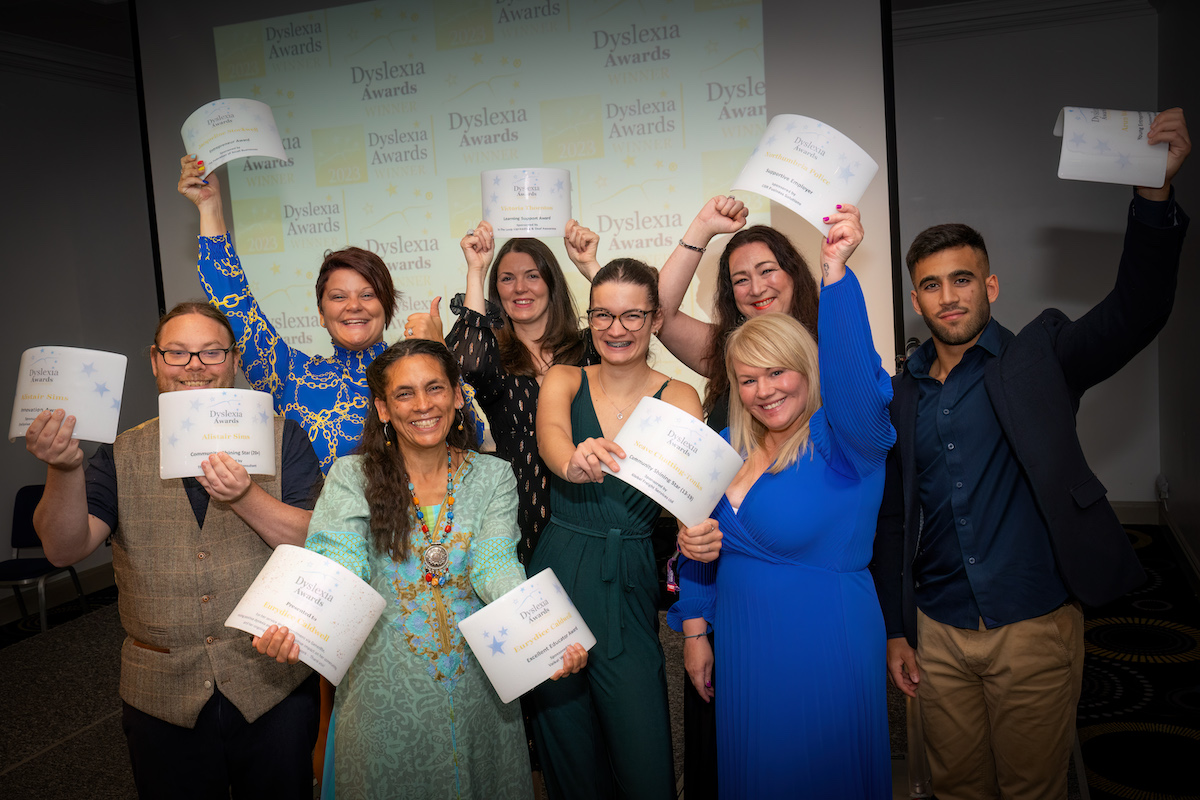
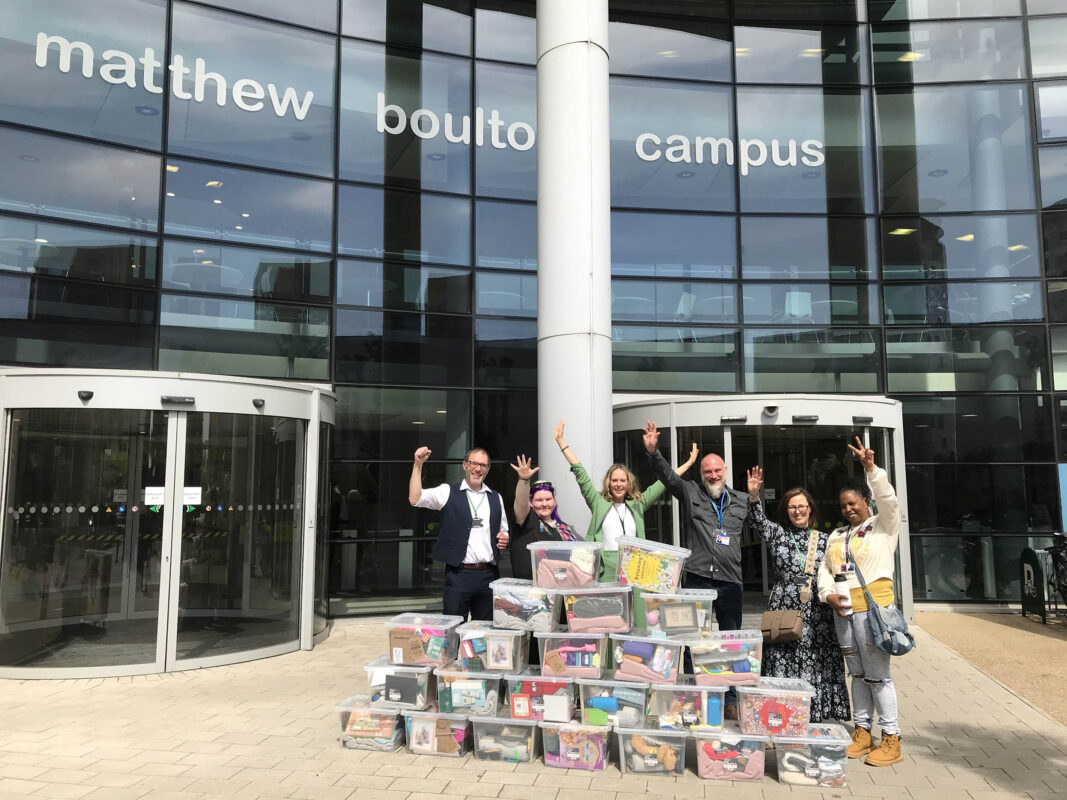






Responses